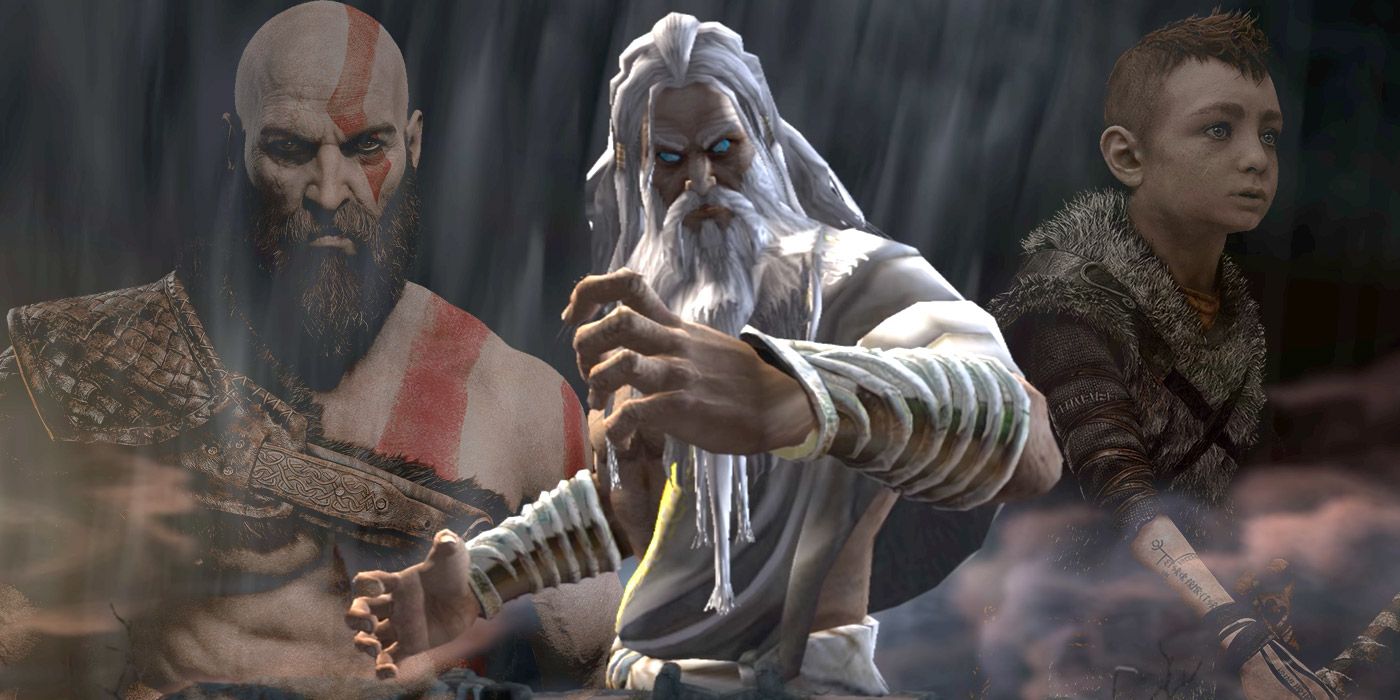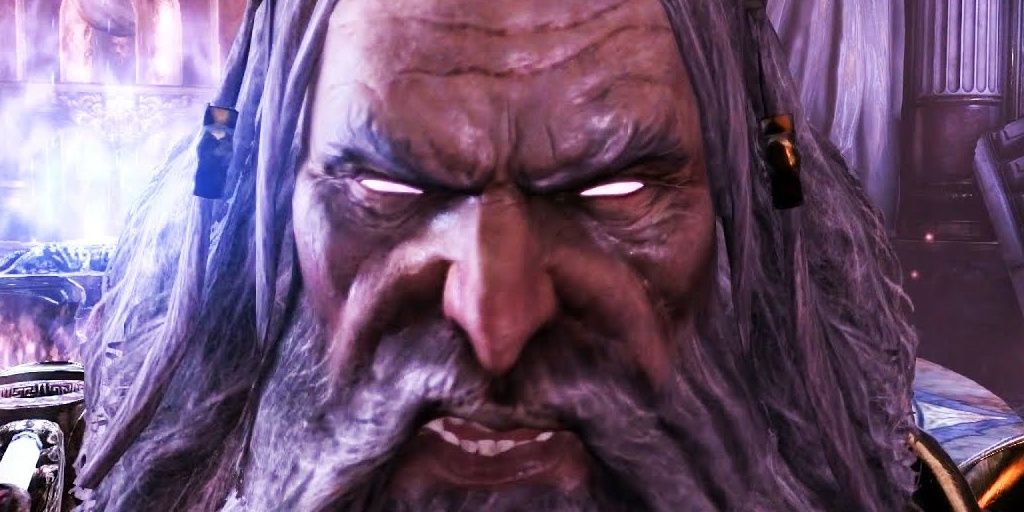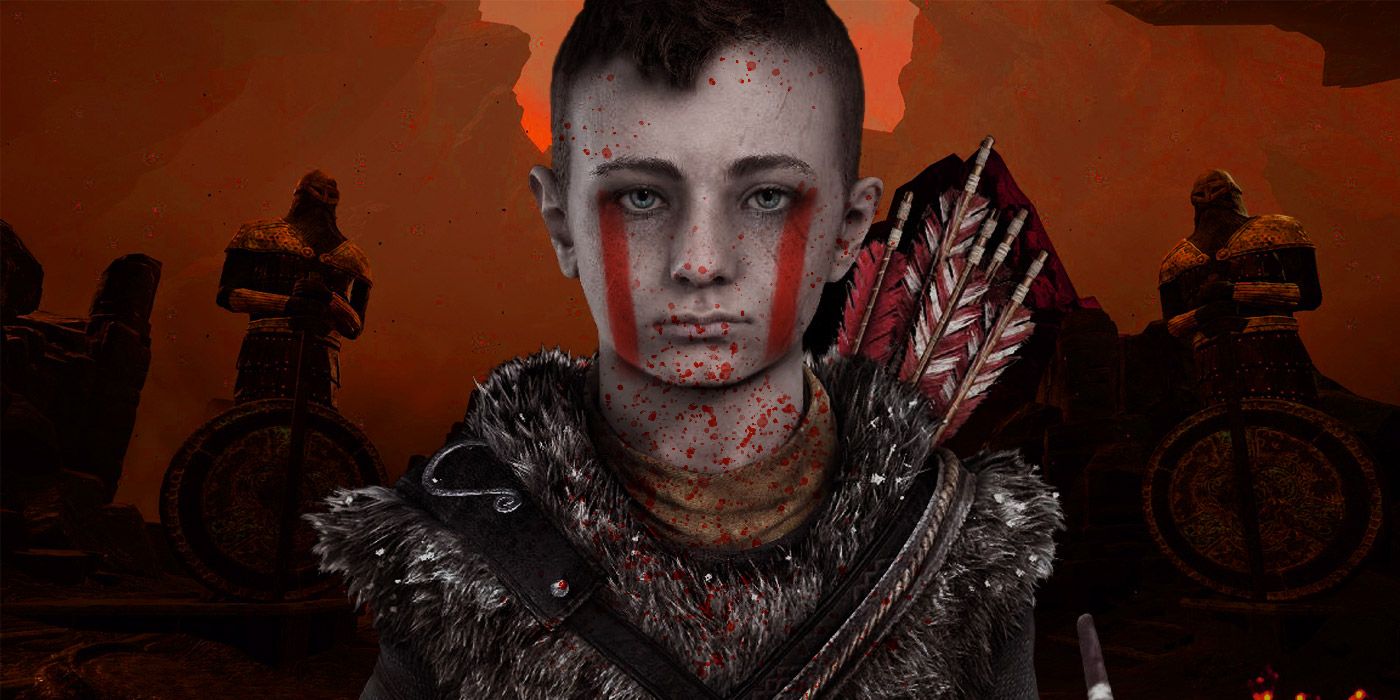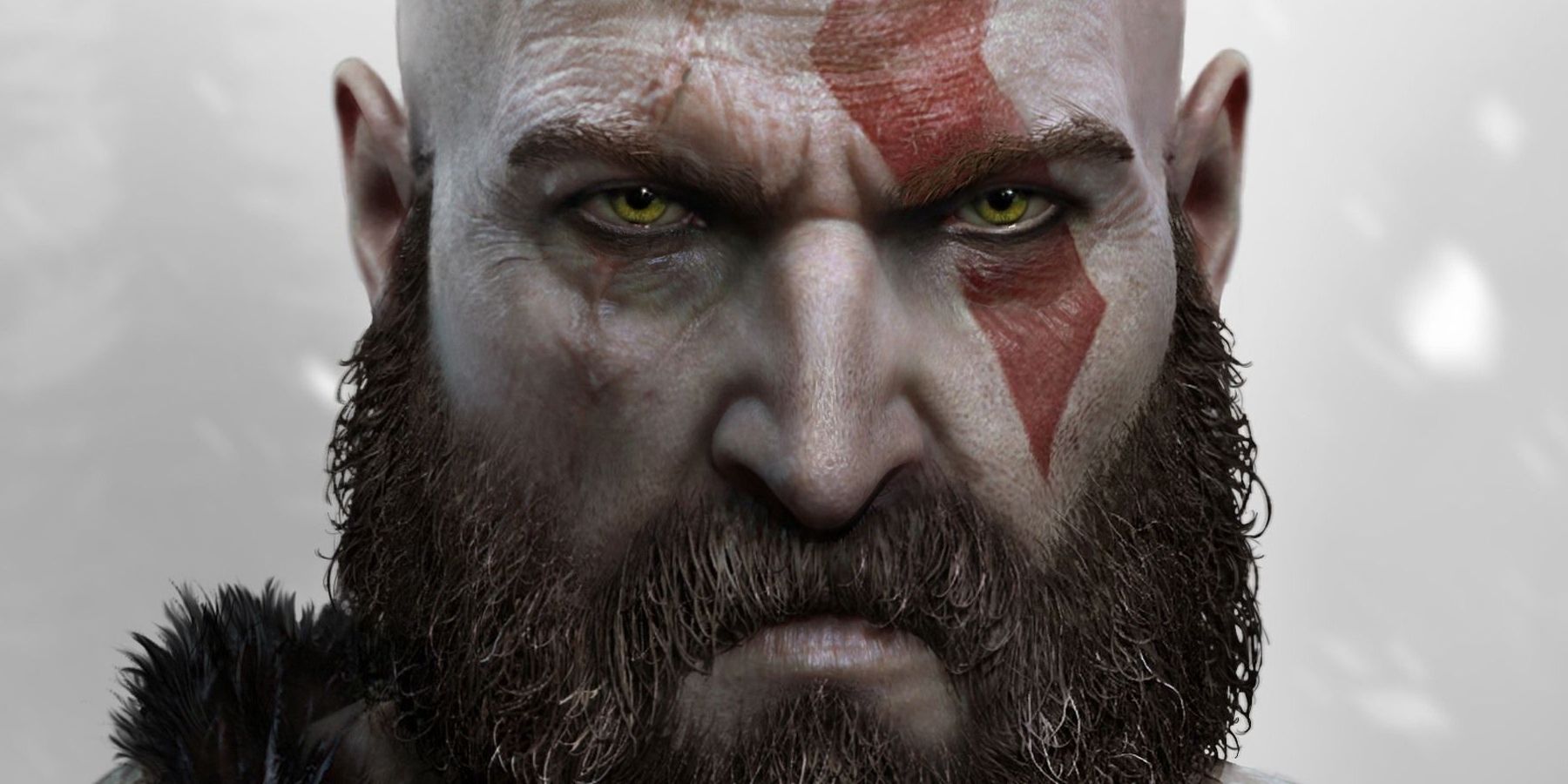
God of War’s Ragnarok sequel is one of 2021’s most anticipated releases, set to fully reveal some key players from Norse mythology only hinted at in the last game. To add to the hype, fans are excited to see how Atreus develops and grows, considering the revelations that came to light about the character at the end of the last game.
Odin, the patriarch of the Norse gods, was not seen in the 2018 soft reboot, leaving fans curious about how he will be portrayed in God of War’s Ragnarok sequel. While many are hoping the Norse All-Father lives up to the original God of War trilogy's Zeus, there are reasons Odin should actually have more in common with Atreus instead.
RELATED: God of War PS5 Patch Out Now

There are several things that Odin has in common with the original God of War trilogy's Zeus. In God of War 2, Zeus becomes overwhelmed by paranoia, a force which Kratos himself released from Pandora’s Box. This leads him to killing Kratos and his son, kicking off another cycle of violence after Kratos is rescued from the Underworld. Even before this, Zeus was portrayed as anxious about his fate. The events of the entire God of War series are set in motion when the Greek gods have Kratos’ brother killed, fearing the prophesied “marked warrior” who would bring down the Hellenic pantheon. Kratos honored his brother with his red tattoos, and the rest is history.
One of the key inciting plot events in God of War's Nine Realms is quite similar. Odin, having become fearful for the future of his pantheon, attempts to steal the giants’ knowledge of the future while on an ostensibly diplomatic visit to their world. When he is caught, Odin is banished from Jotunheim, and orders Thor to kill every giant in Midgard. Thor brutally carries out this campaign, but fails to find Laufey (Faye), Atreus’ mother.
With the similarities already established, Odin and Zeus risk being comparable characters with similar motivations in God of War’s Ragnarok sequel. Like Zeus, Odin could easily be portrayed as a paranoid king presiding over a doomed empire, refusing to accept his fate and struggling violently against it.
This is a far cry from the Odin seen in Norse mythology. While Odin does endeavor to learn more about Ragnarok in Norse mythology, he actually succeeds. Despite knowing that it will be their final battle, the Aesir rally and go to their deaths with honor, paving the way for a world born anew. God of War’s Ragnarok sequel should work to differentiate Odin from Zeus. Odin's exact attitude towards his fate could be a great way to distinguish himself from Zeus. However, based on the indirect characterization of Odin in 2018’s God of War, the storytellers will have to come up with something more nuanced than a god willingly accepting his fate.
RELATED: How Long It Takes to Beat the Entire God of War Franchise

Odin could be portrayed as very similar to Zeus, but that characterization would also miss another opportunity that the myths present. In Norse mythology, Odin is remarkably similar to Loki, and is far more like the trickster god than his own male offspring. Odin is a deceiver – when he enters a life-or-death game of questions with a giant named Vafthrudnir, he arrives in disguise and wins by asking a question only he would know the answer to. He asks the giant what Odin himself whispered to his son Baldur after Baldur’s death, costing the giant his life.
Odin and Loki are also two of the few male characters in Norse mythology to make use of seidr – magic. Seidr is portrayed as fundamentally feminine in many Norse myths, to the extent that Loki’s substantial use of magic allows him to be impregnated by a stallion, giving birth to Odin’s eight-legged horse Sleipnir. Atreus could learn a lot from Odin that Kratos could never teach him. Odin acting as an alternate mentor to Atreus could be key to developing the boy's full powers before Ragnarok.
One of God of War's biggest themes was Kratos’ growing fear of Atreus following in his footsteps. As the story goes on, Atreus begins to show violent impulses, reminiscent of Kratos' portrayal in the original God of War trilogy: Atreus stabs Thor’s son Modi in the neck for insulting his mother and pushes him into a ravine.

Odin’s portrayal needs to be distinct from Zeus if he’s going to provide an alternate influence on Atreus, separate from Kratos himself. If Odin is like Zeus, then he will only help the character go further down the path of violence that Kratos may have inadvertently set Atreus on. If Odin has more in common with Loki, as portrayed in Norse mythology, he could be a very interesting alternate influence on Atreus. The Norse god's influence could bring more nuance to the conflict between Odin and Kratos.
God of War has always dealt with father figures and patricide. One of the biggest questions in God of War’s Ragnarok sequel will be how Kratos deals with being in the same position Zeus was, fearing that his own son may kill him according to God of War's Jotunheim mural. Odin may fear his death during Ragnarok as well, but Santa Monica Studio will need to find ways to distinguish Odin from Zeus and Kratos to avoid retreading the same thematic ground from the original trilogy.
In one sense, Odin could represent Atreus’ true potential as a god, with immensely powerful and knowledgeable command over magic. As an alternate father figure, Odin will need to bring out more than just Atreus’ violent side. What exactly that looks like will depend on how the studio plans to implement Ragnarok's story in the next game.
God of War: Ragnarok is planned to release in 2021 on PS5.
MORE: Deltarune's Susie is God of War's Kratos from Atreus' Perspective

